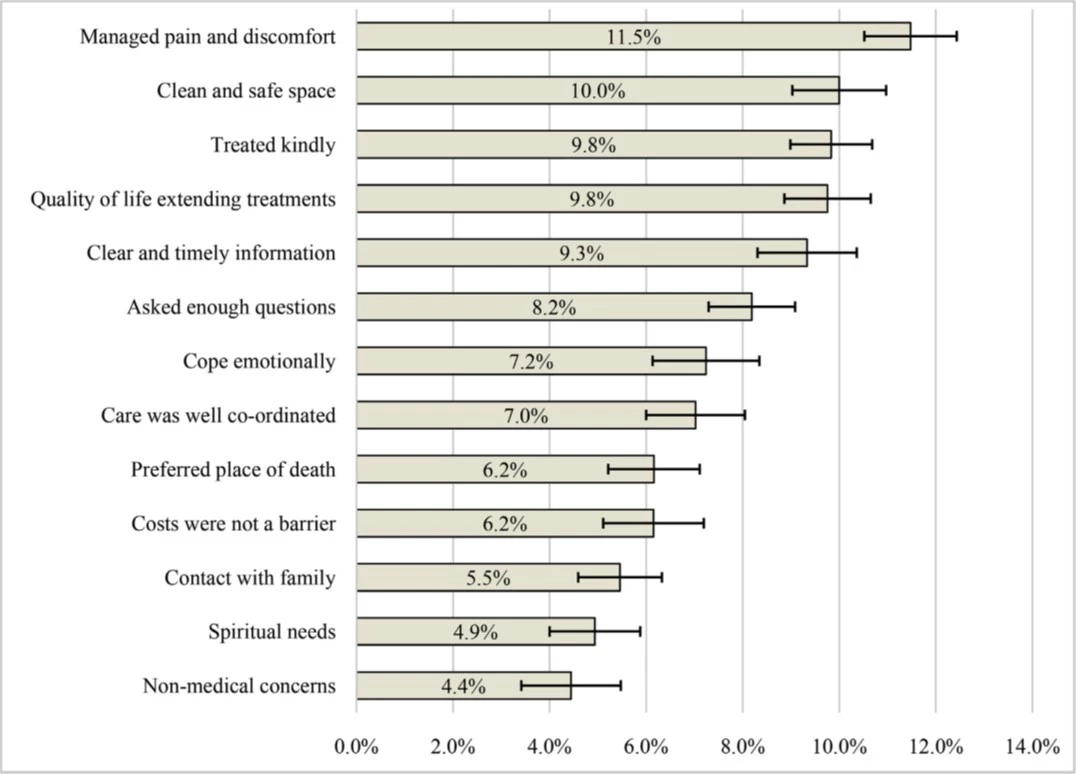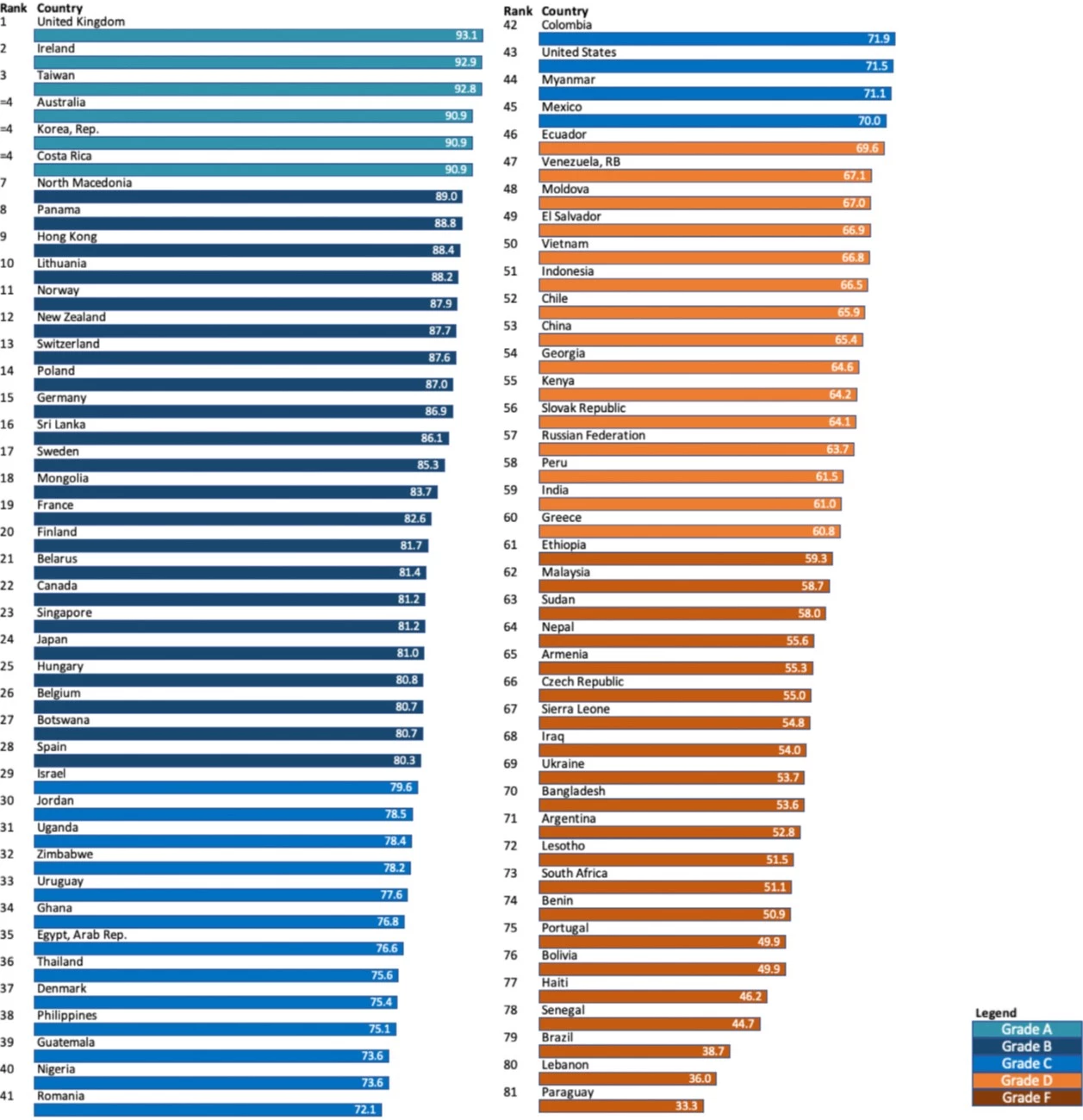Change language:
Which country is the best place to die? – Hungary fares better than expected

Unfortunately, it is a sad reality, but every person on earth will someday pass away. How people spend their last days and how they die are important questions, though.
To find out which countries provide good end-of-life, aka palliative care, Eric Finkelstein and his team of researchers took on the mantle of collecting data on the matter and creating a grading system of countries based on the quality of their palliative care. A suggestion of sorts of where it is the most peaceful or easy for people to pass away.
Bigthink.com interpreted their findings and published an article on the list of 81 countries.
Their method
Eric Finkelstein and his researchers first needed to establish what criteria to consider when creating the ranking. In order to do this, they systematically analysed 309 articles to identify the indicators of good palliative care.
Using the results of their detailed review, they determined 13 overall indicators on which they could build their ranking. They include:
- the places where healthcare providers treated patients were clean, safe, and comfortable;
- the patient was able to be cared for and die at their place of choice;
- healthcare providers provided appropriate levels and quality of life-extending treatments;
- healthcare professionals supported patient’s spiritual, religious, and cultural needs;
- care was well-coordinated across different healthcare providers;
- healthcare providers controlled pain and discomfort to the patient’s desired levels;
- healthcare providers helped the patient cope emotionally.
Read also: Hungarian scientists reveal the effectiveness of the Chinese vaccine
According to Bigthink, while the indicators were established, further research was needed to establish how these indicators compared to each other, which ones were more important than others.
The site writes that the team of researchers surveyed 1,250 caregivers from different countries who have cared for someone who had since passed away. According to their answers, this is how the indicators rank:

Source: Finkelstein et al. / Journal of Pain and Symptom Management
The ranking
According to Hamuésgyémánt, to establish the ranking, the researchers asked hundreds of experts from 161 countries to establish the rating.
The experts had to be 1) a representative of the country’s national hospice or palliative care association or a similar national professional association, 2) healthcare providers involved in end-of-life treatment, or 3) a government employee with academic knowledge on the matter.
Read also: Tragic! More people died in 2021 than in any year after WWII in Hungary
At least two surveyed experts needed to answer from a specific country to qualify them for the ranking.

Source: Finkelstein et al. / Journal of Pain and Symptom Management
In the end, 81 countries made the list representing 81% of the world’s population.
Hungary finished 25th on the ranking,
and while many European countries fared better, Hungary was still found to have better palliative care than Spain, Denmark, Romania, the US, and it clearly surpassed Greece, the Czech Republic, and Ukraine with the awarded points.
You can find the full study at the Journal of Pain and Symptom Management, or by clicking HERE.
Source: jpsmjournal.com, bigthink.com, hamuesgyemant.hu








If someone is dying in Budapest, the place to avoid at all costs is the Szent István Hospital, South Pest. The squalor is unbelievable, it is one of the most undignified places to pass away, on a par with the sort of hospital that one might find in the poorest parts of Africa or Bangladesh. A disgrace. I know, because 3 of my elderly relatives have died there in the last 6 years.